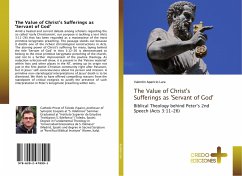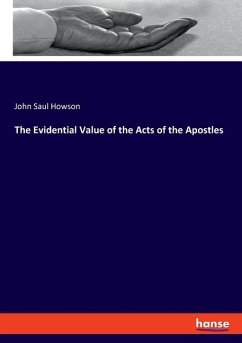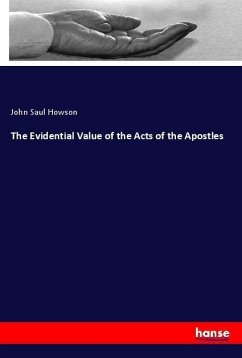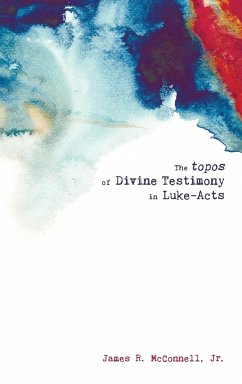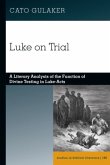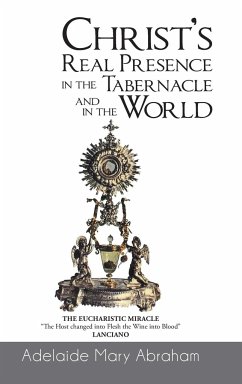Amid a heated and current debate among scholars regarding the so called 'early Christianism', our purpose is tackling a text (Acts 3:11-26) that has been regarded as a masterpiece of the most primitive kerygmatic preaching. The passage stands out because it distills one of the richest christological constructions in Acts. The atoning power of Christ's suffering for many, laying behind the title 'Servant of God' in Acts 3:12-26 is demonstrated to belong to the most primitive kerygmatic preeching of the church, and not to a further improvement of the pauline theology. As redaction-criticism will show, it is present in the 'Petrine material' within Acts and other places in the NT, setting up its origin not just in the first Jewish-Christian community right after Passover, but in Jesus' self-consciousness about his person and mission. A primitive non-steriological interpretations of Jesus' death is to be dismissed. We think to have offered compelling reasons from the standpoint of critical exegesis to justify the presence of such interpretation in Peter's kerygmatic preaching within Acts.
Bitte wählen Sie Ihr Anliegen aus.
Rechnungen
Retourenschein anfordern
Bestellstatus
Storno

